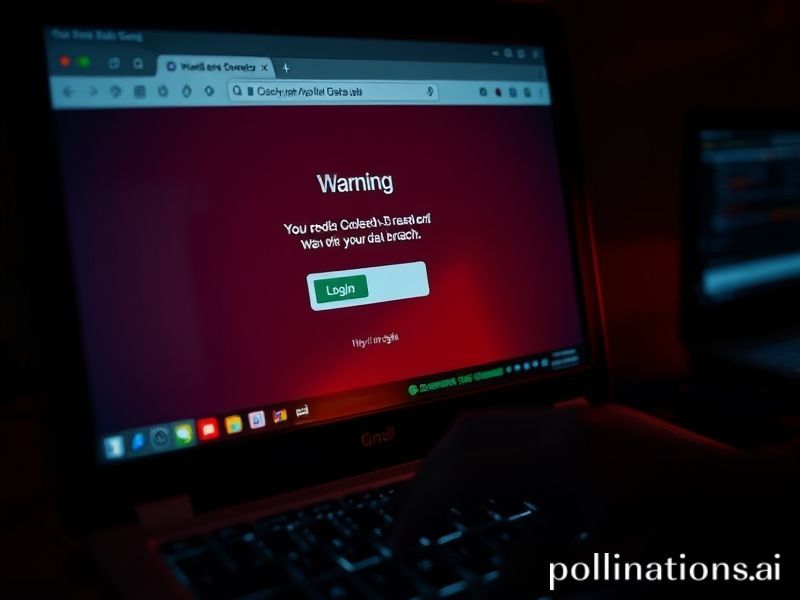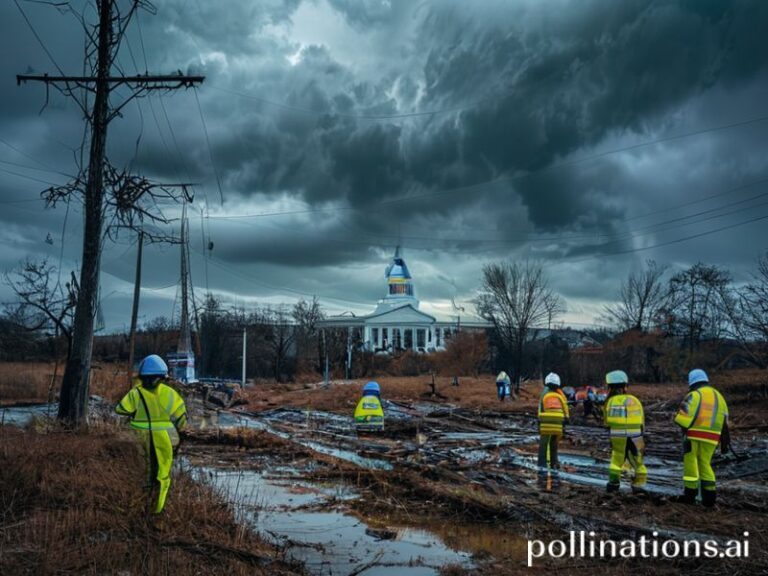Gmail’s Password Palooza: Why the World’s Freaking Out Over a Data Breach
# **Gmail’s Password Palooza: Why the World’s Freaking Out Over a Data Breach**
Alright, folks, grab your tinfoil hats and your favorite encryption key because we’re diving headfirst into the latest internet drama: the Gmail password data breach. If you’ve been living under a rock (or just haven’t checked your spam folder in a while), let me bring you up to speed. This isn’t just another “change your password” headline—this is a full-blown digital soap opera, and the whole world’s watching.
## **Why Is This Trending Globally?**
First things first: why is everyone talking about this? Well, for starters, Gmail isn’t just an email service—it’s the digital backbone of millions of people’s lives. From work emails to personal messages, Gmail is where the magic (and the chaos) happens. When a data breach of this magnitude hits, it’s like someone spilled coffee on the server that holds all your secrets. And let’s be real, nobody wants their embarrassing group chat history or that one email you sent at 2 AM to see the light of day.
The breach reportedly exposed passwords for millions of Gmail accounts, and while Google has been quick to downplay the severity (because, of course, they would), the internet isn’t having it. Memes, hot takes, and panic posts have flooded social media, turning this into a full-blown cultural moment. People are sharing their horror stories, their conspiracy theories, and their best advice for securing their accounts. It’s like the digital equivalent of a neighborhood watch meeting, but with more sarcasm and fewer cookies.
## **Cultural Context: The Password Paradox**
Let’s talk about the elephant in the room: passwords. We all hate them, we all forget them, and we all use “password123” when we’re in a hurry. But in a world where data breaches are as common as bad Wi-Fi connections, passwords are the flimsy lock on the door to our digital lives. This breach is a stark reminder that no matter how much we rely on technology, our security is only as strong as our weakest password.
And let’s not forget the cultural impact. In a world where privacy is a luxury and data is the new oil, breaches like this fuel the ongoing debate about digital security. Should we be using password managers? Should we ditch email altogether and communicate via carrier pigeon? (Spoiler: probably not.) The conversation is heating up, and people are taking sides. Some are blaming Google, others are blaming users for reusing passwords, and a few are just laughing at the absurdity of it all.
## **Social Impact: The Ripple Effect**
The social impact of this breach is already being felt. People are scrambling to change their passwords, enable two-factor authentication, and delete old emails they regret sending. It’s like a digital spring cleaning, but with more urgency and less satisfaction. The breach has also sparked a wave of memes and jokes, because when in doubt, the internet turns to humor to cope.
But beyond the memes and the panic, there’s a real lesson here: we need to take our digital security seriously. This breach is a wake-up call for anyone who’s been lazy with their passwords or ignored security updates. It’s also a reminder that even the biggest tech giants aren’t immune to breaches, and that we all have a role to play in protecting our data.
## **Why This Topic Is Significant**
So, why does this matter? Because it’s not just about Gmail. It’s about the broader implications of living in a digital world. Our emails contain our thoughts, our plans, our secrets, and our embarrassing moments. When a breach like this happens, it’s a reminder that our digital lives are fragile and that we need to be vigilant.
It’s also significant because it highlights the power dynamics between tech companies and users. Google has the resources to fix this, but the onus is on us to protect ourselves. It’s a delicate balance, and breaches like this force us to question who’s really in control of our data.
## **Conclusion: The Password Palooza Aftermath**
So, what’s the takeaway from all this? Well, first and foremost, change your password. Use a strong one. Enable two-factor authentication. And for the love of all that is holy, stop reusing passwords. This breach is a reminder that our digital lives are precious, and we need to treat them with the care they deserve.
But beyond the practical advice, this breach is a cultural moment. It’s a conversation starter, a meme generator, and a wake-up call. It’s a reminder that in a world where data is king, we all have a role to play in protecting our digital kingdoms.
So, let’s learn from this, laugh about it, and maybe—just maybe—stop using “password123” as our go-to security measure. The internet will thank you.







